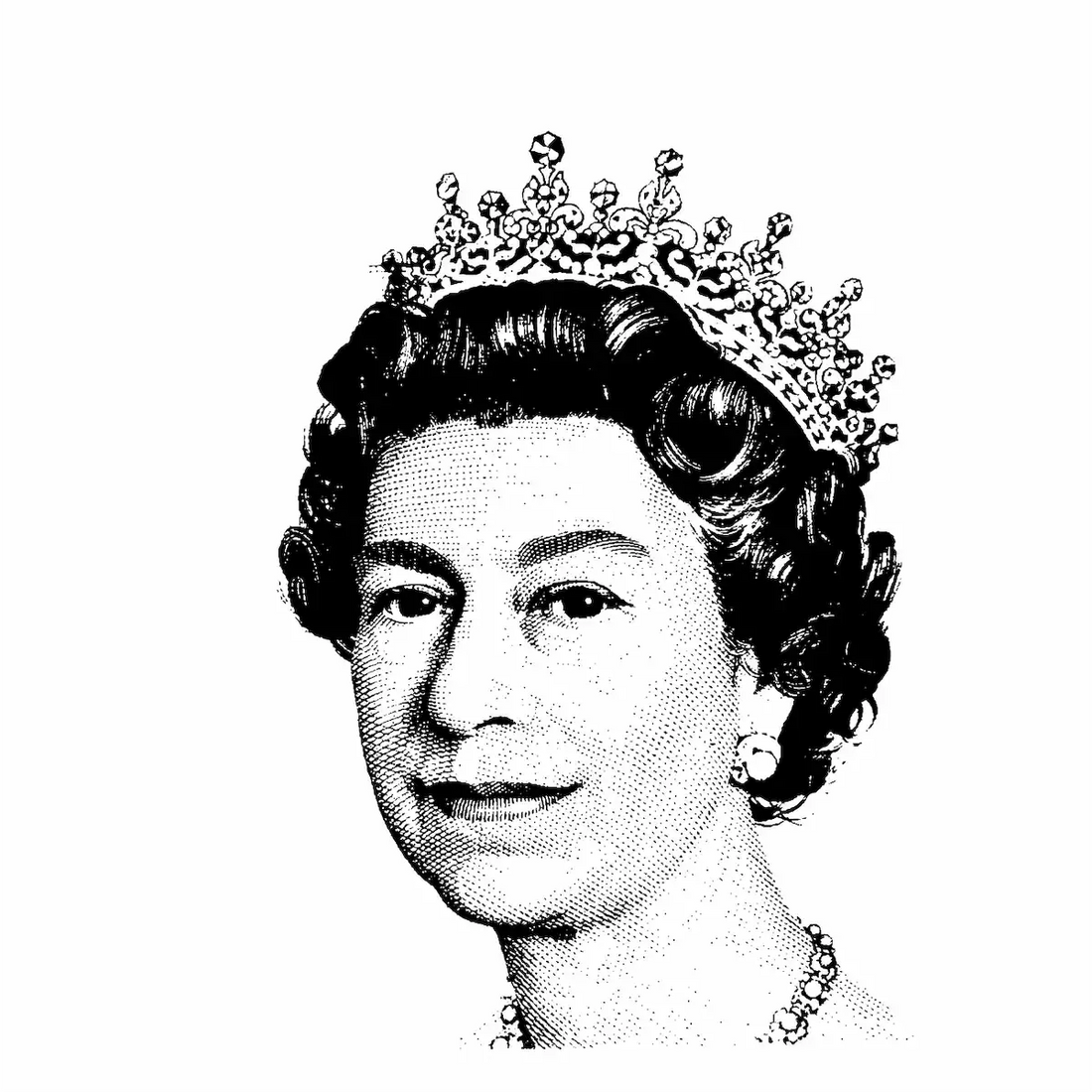
History of English Breakfast Tea
English Breakfast Tea is one of the most beloved tea blends in the world. This robust and full-bodied blend symbolizes British culture and its international influence.
Tea was first brought to England in the 17th century. The Portuguese princess, Catherine of Braganza, married Charles II in 1662 and introduced him to her native tradition of tea drinking. At the time, tea was a drink enjoyed only by the wealthy and elite, but it quickly gained popularity. To make tea more affordable and accessible to the British public, The East India Company, began importing large quantities of tea from China. The popular drink soon became a foundational part of British culture by the 18th century, particularly among the upper classes. For the upper class, tea was more than just a beverage, it was the experience of the delicate, high-quality leaves that drew them to the ritual.
Although tea was central to British culture, the iconic English Breakfast Tea wasn’t introduced until the 19th century. During the early 1800s blending various tea leaves to achieve the desired flavor profile and aromas, became a creative practice. A tea merchant in London, blended Assam, Ceylon, and Kenyan teas, coining the term “breakfast tea”. Assam tea, from India, is known for its bold, malty flavor, while Ceylon tea, from Sri Lanka, offers a bright, brisk dimension. It was then marketed as a strong, robust tea that pairs well with a traditional English breakfast. However, the term English Breakfast was only universally coined once the blend gained popularity in the United States in the late 19th century.
Tea merchants, Twinings and Lipton, popularized the English Breakfast blend across the UK and the globe back in the early 20th century. Twinings promoted English Breakfast Teas as their signature product which contributed to the rising association of the blend and British society. Today, English Breakfast Tea has grown into an international phenomenon consumed by tea drinkers worldwide; it remains a symbol of tradition that is deeply intertwined with the daily rhythms of life.
The popularity of English Breakfast tea is a testament to the enduring appeal of a simple yet satisfying cup of tea.
